Ibogaine for Meth Addiction in Mexico: Cost & Safety
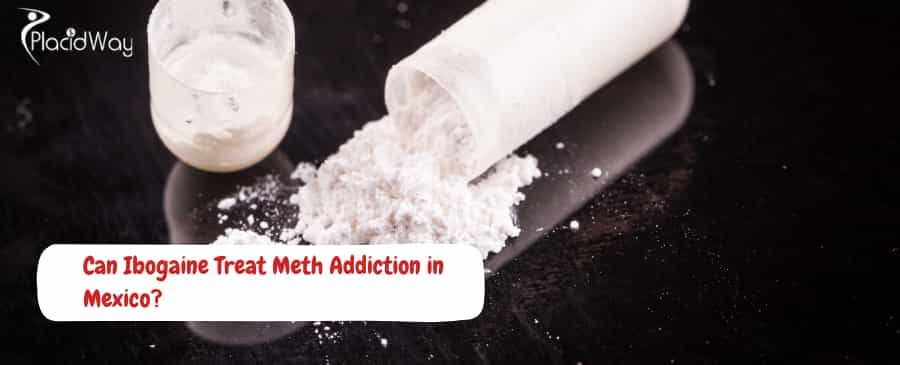
Hello, and welcome. If you're here, you or someone you care about might be struggling with methamphetamine addiction and looking for answers beyond the usual options. You've likely heard whispers about Ibogaine, a substance from an African shrub, and its potential to help. Specifically, you're probably wondering, "Can Ibogaine treat meth addiction in Mexico?" It's a question loaded with hope, confusion, and a bit of caution. Let's talk about it, person-to-person.
The short answer is that yes, many people have found profound help through ibogaine treatment for methamphetamine. It's known for its potential to drastically reduce or even eliminate withdrawal symptoms and cravings, which is a massive hurdle in meth recovery. Beyond the physical, it's famous for inducing a deep, introspective state where individuals often confront the roots of their addiction. Mexico has become a central location for this therapy because the treatment is not legal in places like the United States or Canada. This creates a unique landscape of specialized clinics offering services that are unavailable elsewhere.
But this isn't a simple magic wand. The process is intense, both physically and mentally. The choice to go to Mexico involves considerations of safety, cost, and the quality of the clinic. In this guide, we're going to break down all the questions you're likely asking—from how it works and what it costs, to the very real risks and the importance of aftercare. Our goal is to give you clear, expert, and trustworthy information so you can understand what this path truly involves.
What is Ibogaine and how does it work?
Ibogaine is not your typical treatment. It's a naturally occurring compound that has been used for centuries in spiritual ceremonies by the Bwiti people of Gabon. In the context of addiction, it's thought to have a unique dual action. On a physical level, it interacts with numerous neurotransmitter receptors in the brain. It's believed to "reset" the brain's chemistry to a pre-addicted state, which is why many report a significant reduction in withdrawal symptoms and cravings, even from intense substances like meth.
On a psychological level, Ibogaine is a powerful oneirogen, meaning it produces a vivid, dream-like state. This isn't a "party" drug; it's an intense, inward journey. During this experience, which can last for many hours, individuals often revisit past memories and gain new perspectives on their life and the behaviors that led to addiction. This psychological "house cleaning" can be instrumental in addressing the root causes of addiction, not just the physical dependency.
Can Ibogaine really treat meth addiction?
Methamphetamine addiction is particularly challenging because it's driven by both intense physical cravings and powerful psychological compulsions. Traditional treatments often struggle to address both effectively. Ibogaine treatment for methamphetamine is sought after because it tackles both heads-on. The "reset" function can dramatically quiet the brain's relentless demand for the drug, giving the person a rare window of clarity and freedom from cravings.
This window is crucial. While the brain is quiet, the psycho-spiritual journey allows the person to work through the "why" of their addiction. For many meth users, the addiction is tied to trauma, depression, or behavioral loops. Ibogaine can act like a condensed form of therapy, bringing these issues to the surface to be processed. It's important to understand it's not a one-and-done cure. It's an interrupter—a very powerful one. The real, lasting recovery happens in how a person uses that window of clarity *after* the treatment.
Why choose Mexico for Ibogaine treatment?
The primary reason so many people travel for Ibogaine treat meth addiction in Mexico is simple: legality. In the UnitedS, Ibogaine is on the same list as heroin (Schedule I), making it illegal to possess or use, and shutting down almost all official research. The same is true for many other nations. Mexico, however, operates in a different legal framework. Ibogaine is not a regulated medication, but it is also not prohibited. This "alegal" status has allowed a robust industry of specialized ibogaine clinics in Mexico to develop.
This has led to the creation of centers that have, over decades, accumulated more practical experience in administering Ibogaine for addiction than anywhere else in the world. Many of these clinics are run by compassionate professionals, medical doctors, and therapists who genuinely believe in this treatment. They offer a lifeline to individuals who have exhausted all "approved" options and are seeking a powerful alternative. The proximity to the US also makes it a logistically viable option for many North Americans.
Is Ibogaine treatment for meth addiction legal in Mexico?
This is a key point of confusion. "Legal" isn't quite the right word. "Not illegal" is more accurate. The Mexican health authority, COFEPRIS, does not recognize Ibogaine as an approved medical treatment. This means clinics cannot advertise it as a "cure" and aren't subject to the same kind of regulatory standards you'd find for a hospital. This is a double-edged sword.
On one hand, it allows this alternative therapy to be accessible. On the other, it places the entire burden of safety and quality control on the patient. It means that, unfortunately, anyone can open a clinic, and the quality can range from world-class medical facilities to dangerous, unprofessional operations. This makes doing your homework on a clinic's reputation, medical staff, and safety protocols not just important, but absolutely critical to your well-being.
What is the cost of Ibogaine treatment for meth addiction in Mexico?
The price tag for Ibogaine treat meth addiction in Mexico can seem steep at first, but it's important to understand what's included. This isn't just for a single dose of the substance. The cost covers a multi-day program that is, or should be, medically supervised. The price difference often reflects the level of medical care, the quality of the facility, and the duration of the program.
Cheaper options might cut corners on essential medical screening (like EKG for heart health), the number of staff, or post-treatment integration. More expensive programs often provide 24/7 medical staffing, more comfortable accommodations, and more robust preparation and aftercare services. When comparing costs, always ask for a detailed breakdown of what is included.
Cost Comparison of Ibogaine Clinics in Mexico
| Treatment Tier | Estimated Cost (USD) | What's Typically Included |
|---|---|---|
| Budget / Basic | $5,000 - $7,000 |
|
| Mid-Range / Standard | $7,500 - $10,000 |
|
| Premium / Medically-Focused | $11,000 - $15,000+ |
|
What are the risks of using Ibogaine for meth addiction?
This is the most important question to ask. Ibogaine is not a benign substance. The most significant risk is its effect on the heart. It can slow the heart rate and, more critically, affect its electrical rhythm (known as QT interval prolongation). In a person with an unknown heart condition, or someone with an electrolyte imbalance (common in active addiction), this can lead to a fatal arrhythmia.
This is precisely why proper medical screening is not optional—it is essential. Any reputable clinic will require a full medical history, a recent EKG (electrocardiogram), and a full panel of blood work to check liver, kidney, and electrolyte status. They should deny treatment to anyone who is not a safe candidate. Risks are minimized in a setting with constant cardiac monitoring and staff trained in advanced cardiac life support (ACLS).
How safe are Ibogaine clinics in Mexico?
As mentioned, the unregulated nature of Ibogaine in Mexico means a huge spectrum of quality exists. There are excellent, safe, and professional clinics that have been operating for years with solid safety records. These places are transparent, have medical doctors on staff, and will gladly show you their facilities and introduce you to their team.
Conversely, there are "providers" who may operate out of a hotel room or a house with no medical equipment. These places are incredibly dangerous and are responsible for the majority of Ibogaine-related negative outcomes. Safety is not about the Ibogaine itself, but about the *context in which it is given*. Your number one priority must be to vet the clinic.
What qualifications should I look for in an Ibogaine clinic?
When you are researching ibogaine clinics in Mexico, treat it like you are hiring a team to save a life—because you are. Here is a checklist of non-negotiables:
- Medical Director: Is there a licensed Medical Doctor overseeing all treatments?
- Screening Process: Do they have a comprehensive medical intake form? Do they *require* an EKG and blood work *before* you arrive? If they say "don't worry, we'll do it here," or "it's not necessary," hang up.
- Medical Equipment: Do they have, at a minimum, an EKG machine, a heart defibrillator, and oxygen on-site?
- Staff Training: Are the nurses and support staff certified in ACLS?
- Monitoring: Do they provide 24/7 monitoring during and immediately after the treatment "flood" dose? You should not be left alone.
- Transparency: Are they willing to let you talk to their staff? Do they have clear protocols they can explain to you?
What does the Ibogaine treatment process for meth addiction involve?
A proper ibogaine therapy process is a structured program. It's not just a single event. It generally follows these phases:
- Intake & Screening (Day 1-2): You'll arrive, get settled, and undergo a final medical check-up. This is to confirm your EKG and blood work are safe for treatment and to get you stabilized.
- The "Flood Dose" (Day 3-4): This is the main treatment day. You'll be given a calculated dose of Ibogaine (often after a small test dose). You will lie in a comfortable, quiet room, usually with an eye mask, and be monitored continuously by medical staff. This is when the intense introspective experience occurs, lasting anywhere from 6 to 12 hours, with residual effects for longer.
- Recovery Day (Day 5): The day after is for rest. You will likely feel physically drained and sensitive to light and sound. Staff will be on hand to provide food, hydration, and support.
- Integration & Aftercare (Day 6-10): This is a critical, often overlooked phase. You will be weak but mentally clear. This is when you'll talk with therapists or integration coaches about your experience, what you learned, and how to build a new life without meth. You'll work on a concrete plan for your return home.
How long does Ibogaine treatment take?
While the main Ibogaine experience lasts for a day or so, the full program is longer. Rushing this process is a major red flag. A 3-day program is not safe. A 7-day program is a common minimum, but 10-14 days is often better, especially for stimulant addiction. Methamphetamine can stay in the system and deplete the body for a long time. A longer program allows for proper stabilization *before* the Ibogaine and, more importantly, gives your brain and body time to stabilize *after* the intense experience and before you're thrown back into your old environment.
What happens during an Ibogaine "trip"?
It's important to differentiate this from a "trip" on classic psychedelics like LSD or mushrooms. It's generally not "fun" or recreational. It's described as hard work. Most people lie down with their eyes closed. The experience is often split into phases:
- The Acute Phase: This is the most intense part. Many report a "life review," where they watch significant memories play back with a sense of emotional detachment. This allows them to see patterns and understand themselves without the usual defenses of shame or ego.
- The Evaluative Phase: After the "movie" stops, there is a long period of deep, analytical thought. It's a time of processing the information, understanding the roots of the addiction, and gaining insights. This part can last for many hours.
Throughout this, you are conscious but in a dream-like state. You may experience some nausea or ataxia (difficulty coordinating movement), which is why you remain in bed and are cared for by staff.
Are the effects of Ibogaine for meth addiction permanent?
This is a misconception. Ibogaine is not a "magic bullet" that cures you forever. Think of it as hitting a giant "pause" button on the addiction. It gives you a precious window, often lasting weeks or months, where the physical cravings are gone, and your mind is clear.
What you *do* in that window is what determines long-term success. If you go back to the same people, places, and habits, the addiction will eventually return. The "permanent" change comes from using this time to build a new life—new habits, new support systems, and a new way of dealing with emotions. This is why aftercare and integration are just as important as the treatment itself.
What is the success rate of Ibogaine for meth addiction?
Because Ibogaine is illegal in many countries, it has been very difficult to conduct the large-scale, double-blind clinical trials that are the gold standard for "proving" a treatment's effectiveness. Most of the data we have comes from observational studies (like those by MAPS), clinic-reported data, and a massive number of anecdotal reports.
These reports are often overwhelmingly positive, but "success" is hard to define. Does it mean 30 days sober? A year? A lifetime? What many studies, like one from New Zealand, suggest is that a single Ibogaine treatment can significantly reduce addiction severity and drug use for a period of 3-6 months. This is a remarkable outcome for a single treatment, but it again highlights the need for aftercare to extend that success indefinitely.
How does Ibogaine compare to traditional meth addiction treatments?
Traditional meth addiction recovery Mexico or US-based programs often focus on behavioral change, group support, and long-term management. These are incredibly valuable, but they can take a long time to work, and the person has to fight against intense cravings the entire time. Ibogaine's approach is the opposite. It's a rapid biochemical and psychological intervention.
It doesn't replace the work of therapy or support groups. It *makes that work possible* by quieting the cravings and providing the user with the psychological insights they need to engage with therapy on a much deeper level. Many people find success by combining Ibogaine with traditional methods—using the Ibogaine treatment to get a foothold, and then immediately engaging in therapy or a 12-step program to build a lasting recovery.
What kind of aftercare is needed following Ibogaine treatment?
This is the part where most people fail if they don't have a plan. You cannot go from an intense, life-altering experience back to your old couch and old contacts and expect to stay sober. A solid aftercare plan is the bridge between the treatment and your new life. This should include:
- Integration Coaching/Therapy: Working with someone who understands the Ibogaine experience and can help you make sense of your insights and turn them into actionable life changes.
- Support System: This could be family therapy, a 12-step program, or another recovery community. You need to be around people who support your sobriety.
- Lifestyle Overhaul: This is the time to change *everything*. Your diet, your exercise habits, your daily routines. Building a new, healthy structure is vital.
- A New Environment: If at all possible, do not return to the same physical environment where you used. Changing your location, even for a few months (like a sober living house), can dramatically increase success rates.
Who is a good candidate for Ibogaine treatment?
Ibogaine is not for everyone. It's not for the curious, and it's not for people being forced into treatment by their families. The ideal candidate is someone who has hit a wall. They *want* to stop, they have tried other methods, but the cravings and psychological pull of meth are too strong. They must be physically healthy enough for the treatment—most importantly, they must have a healthy heart and liver. And they must be mentally prepared to face their past and do the work to build a new future.
Who should not take Ibogaine?
This is a critical safety list. Any reputable clinic will deny treatment to individuals with the following conditions, as the risk of a fatal complication is too high:
- Any heart condition, especially a history of heart attacks, arrhythmia, or a long QT interval.
- Severe hypertension (high blood pressure) that is uncontrolled.
- Poor liver or kidney function (these organs must clear the drug).
- Active psychosis, schizophrenia, or bipolar disorder, as the experience can worsen these conditions.
- If you are on certain medications, particularly other drugs that affect the QT interval (like some antidepressants or antibiotics).
What preparation is needed before going to Mexico for treatment?
First and foremost, your medical screening. Do not rely on the clinic to do it all. Get your EKG and blood work done by your own doctor at home and send the results to the clinic for their medical team to review. This confirms you are a safe candidate *before* you buy a plane ticket. You'll also need to arrange your passport and travel. But just as important is "life prep." This means setting up your aftercare plan *in advance*. Who will pick you up from the airport? Where will you go? Who is your therapist or support contact? Having this plan in place *before* you go is one of the biggest predictors of success.
How does Ibogaine help with the psychological aspects of meth addiction?
Meth addiction is not just physical; it rewires the brain's reward and motivation systems. It's often used to self-medicate underlying pain, trauma, or mental health issues. Ibogaine's unique visionary properties act like a form of high-speed psychotherapy. By presenting past memories without the attached charge of shame, guilt, or fear, it allows the person to finally understand *why* they started using. They can see the connections between a past trauma and their current behavior. This insight is not just academic; it's a deeply felt, emotional understanding that can dissolve the psychological "need" for the drug.
Ready to Explore Your Path to Recovery?
Understanding all your options is the first step. If you're looking for experienced, safe, and compassionate healthcare providers around the world, PlacidWay can help.
We connect people with world-class medical facilities and treatment options, including innovative addiction recovery programs. Explore your options, get free quotes, and find a path that works for you.
Find Your Solution with PlacidWay
.png)


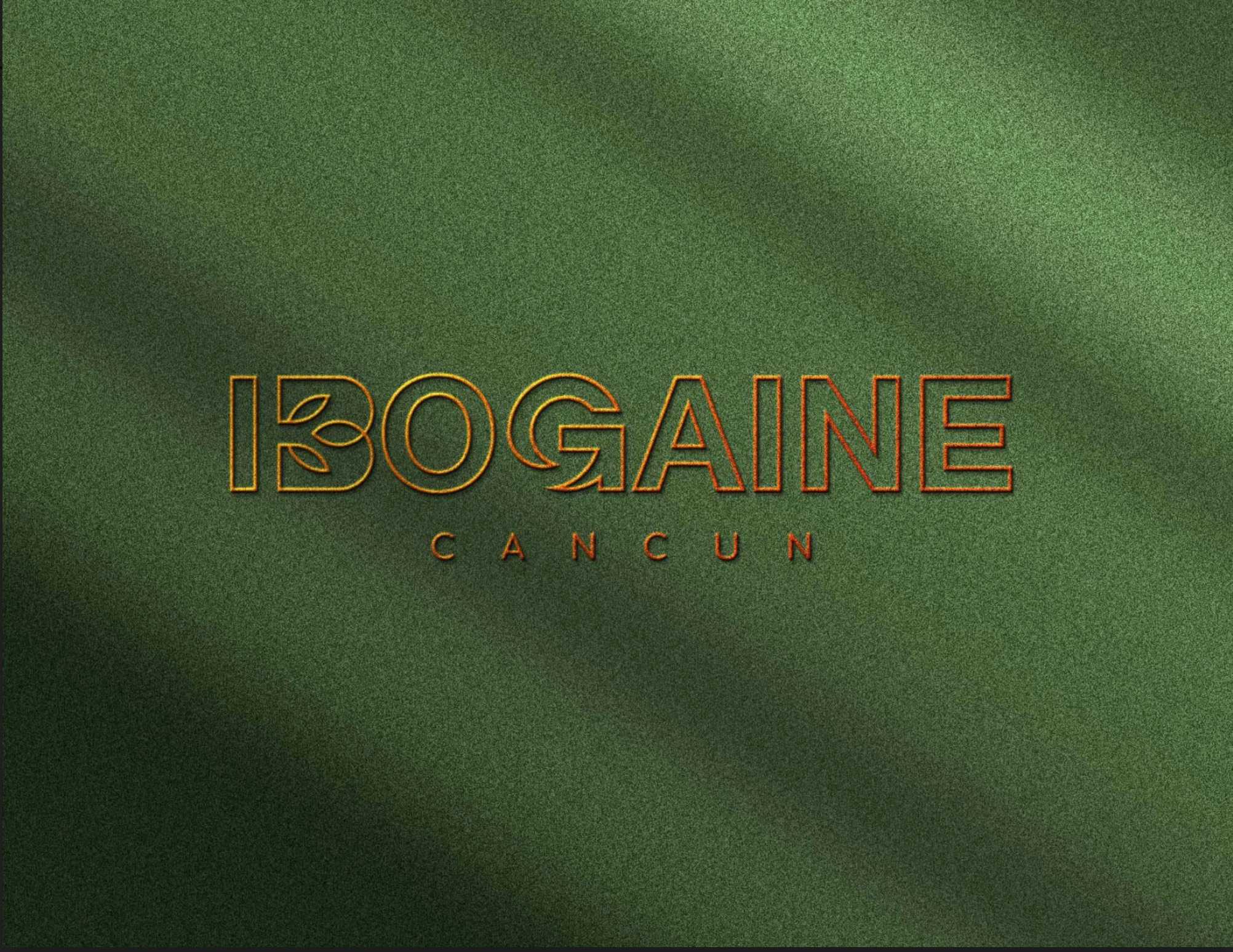
.png)
.png)
.png)
.png)


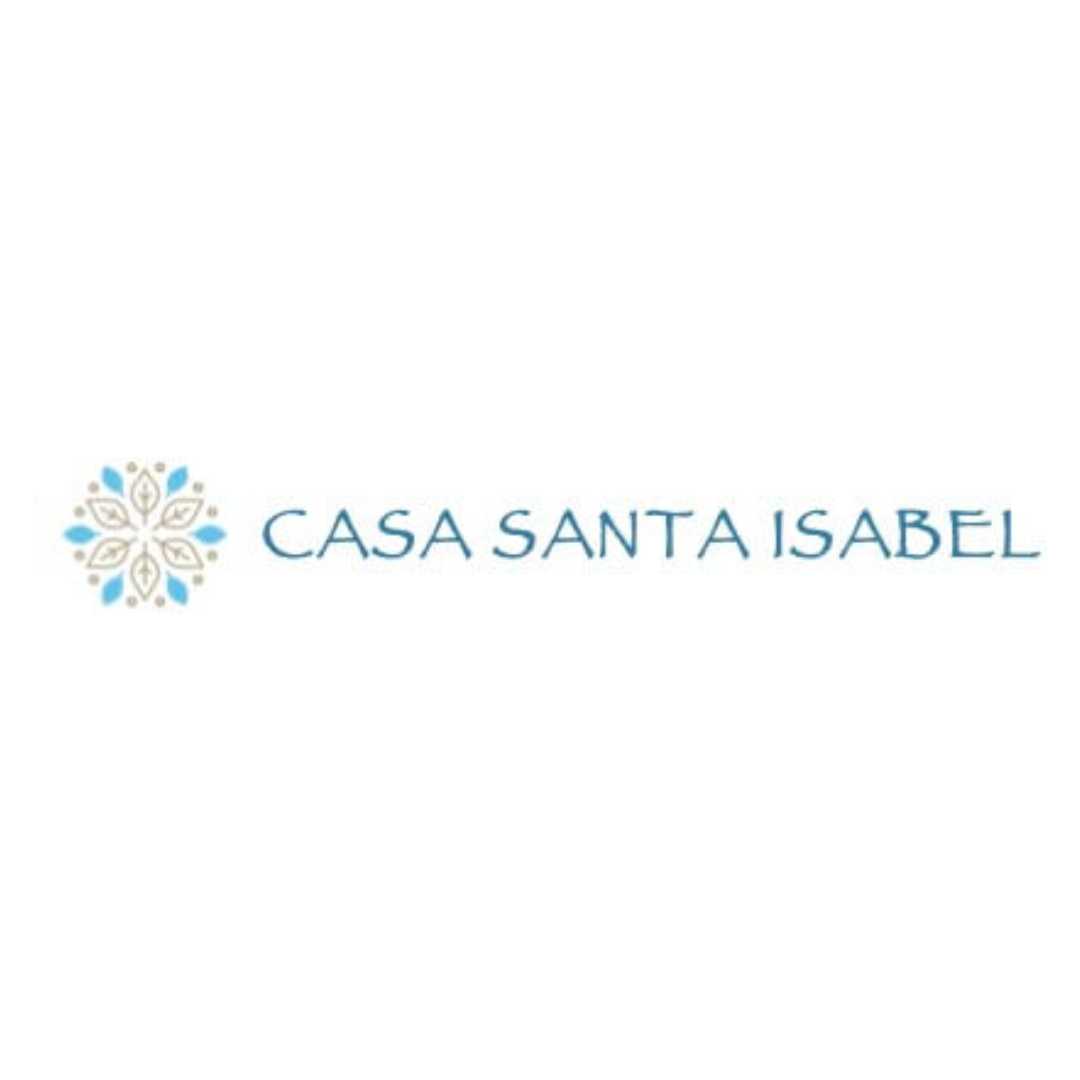
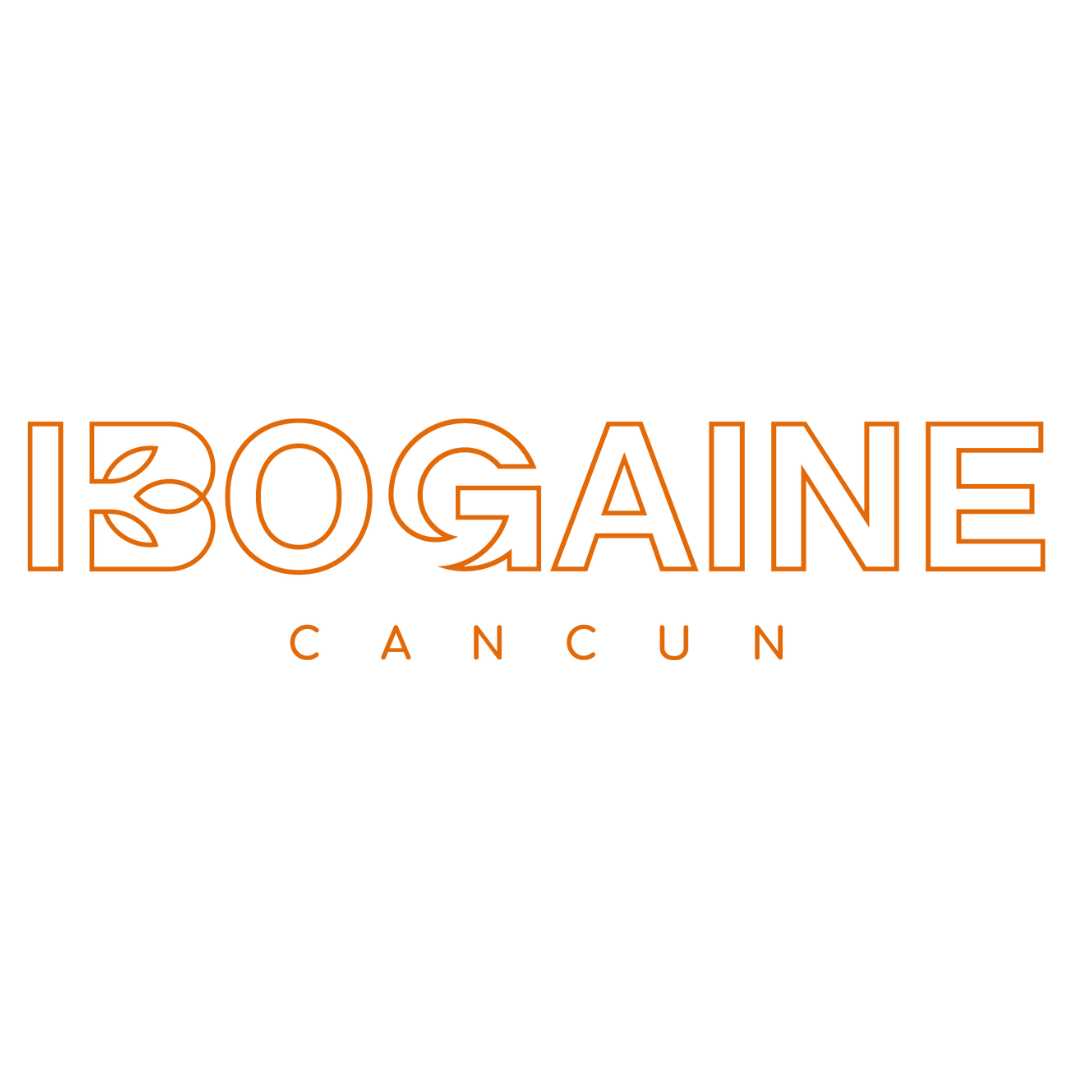
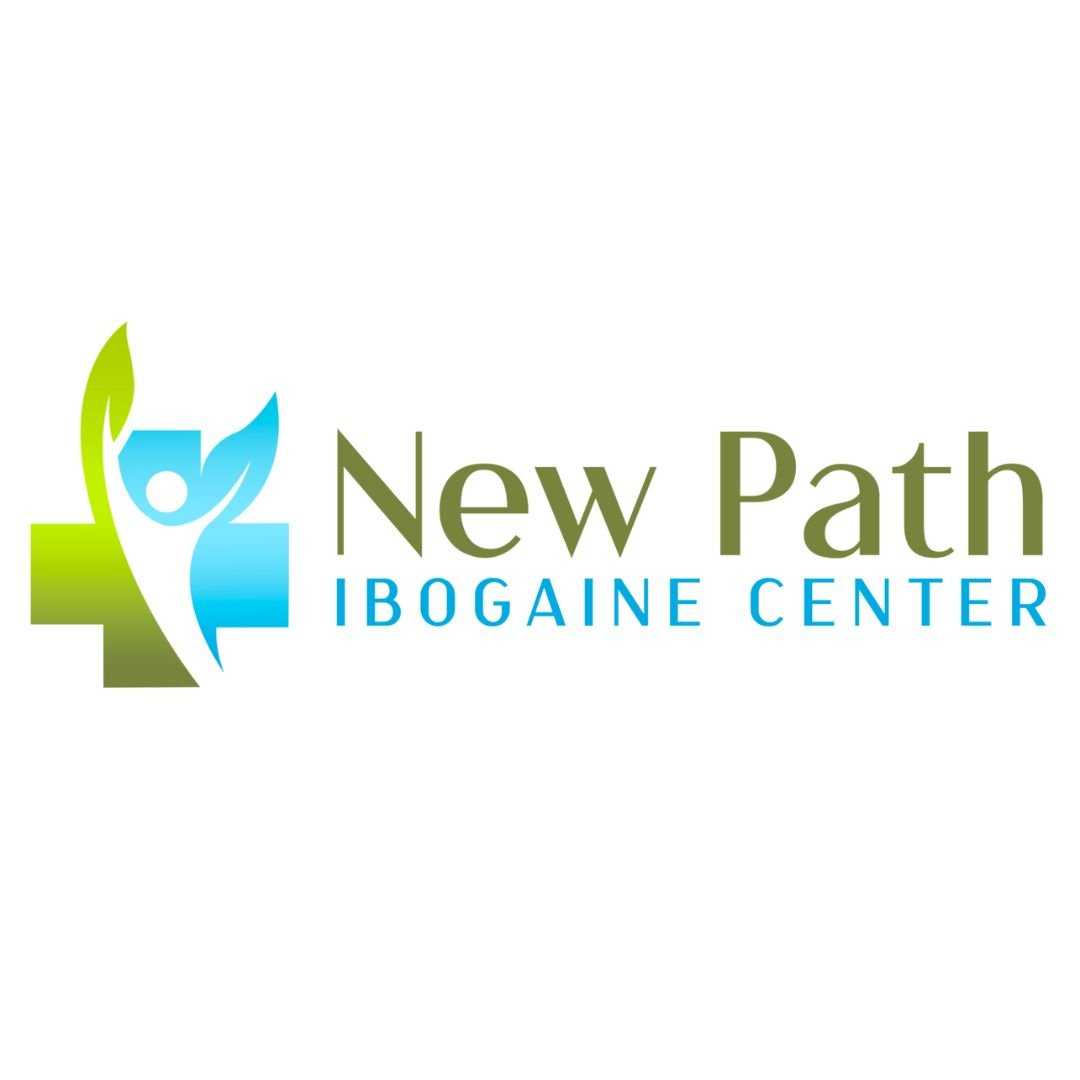

Share this listing